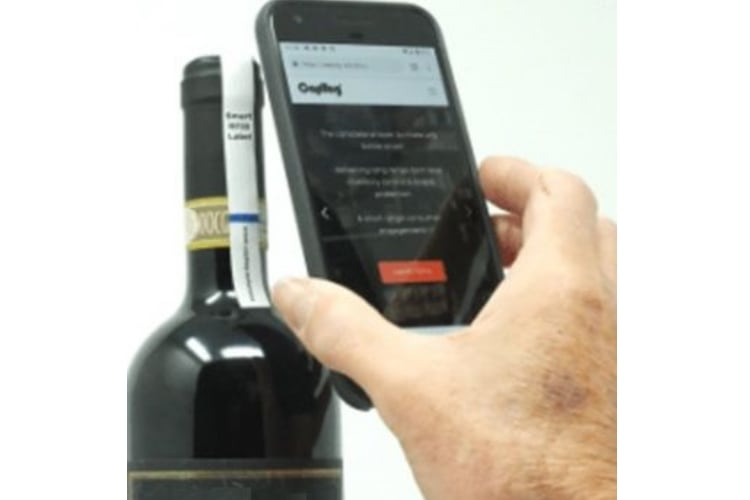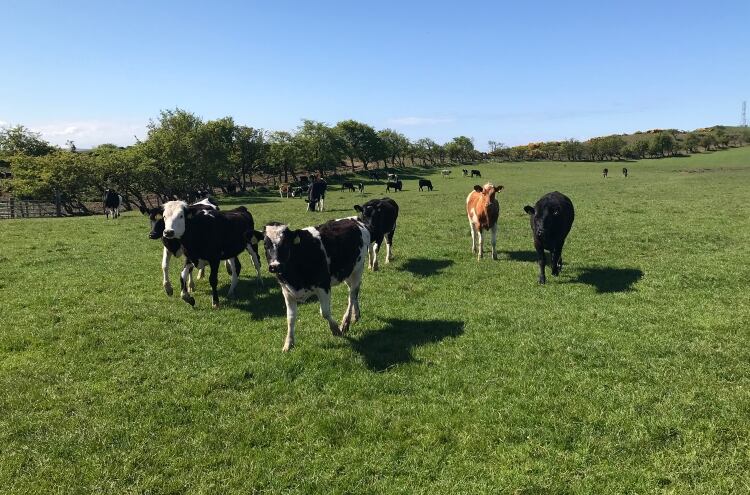The EIT Food-funded Smart Tags project is working with consumers, producers and retailers to develop smart labeling similar to QR codes. These active labels will allow shoppers to get rapid and better information about food and drinks they consume.
Smart tags will enable consumers and other stakeholders of these innovative supply chains to exchange and collect information at pre-purchase and post-purchase levels on different aspects of food and drink products such as whether the product in the package is spoiled, its freshness, temperature in the package, appropriateness for personal diet, sustainability, origin, potential allergens, recipes, and storage instructions.
The system being developed could also enable producers and retailers to cut down on the amount of waste produced in packaging, and could also include detailed information on the origin of ingredients and shelf life.
Dr Giuseppe Nocella, Associate Professor in the School of Agriculture, Policy and Development at the University of Reading said, “Consumers want to know more about the food they are eating not only before buying products, but also after having purchased them. They want to be assured in a friendly way not only about the quality, safety and sustainability of the food and drinks that they consume but also how to recycle and dispose these products. The Smart Tags project is looking at innovative packaging that could be adopted along different food and supply chains.
“These new systems of communication, providing a much easier way for consumers to rapidly and directly check the quality and safety of their products, can be seen as a key factor to enhance trust from farm to fork making food supply chains more transparent.”
Ongoing surveys with consumers and stakeholders of the food industry in different European countries will provide a map of consumers’ and stakeholders’ acceptance of different smart tags conveying information in real time for different products. The results will be disseminated in 2021 via EIT channels, other institutional channels, and scientific publications.
The Smart Tag project is coordinated by the VTT Technical Research Centre of Finland, but the consortium consists of research partners, food industry and technology developers from around Europe. The partners are the University of Reading (UK), University of Warsaw (Poland), KU Leuven (Belgium), Matis (Iceland), AZTI (Spain), DouxMatok (Israel) and Maspex Group (Poland). The Smart Tag project is supported by EIT Food, a body of the European Union.
The novel solutions and service concepts utilizing Smart Tag technologies will be co-created together with consumers and other stakeholders in all participating countries. The Smart Tag project will run throughout 2021 and can be followed on the project’s webpage and Twitter account.



